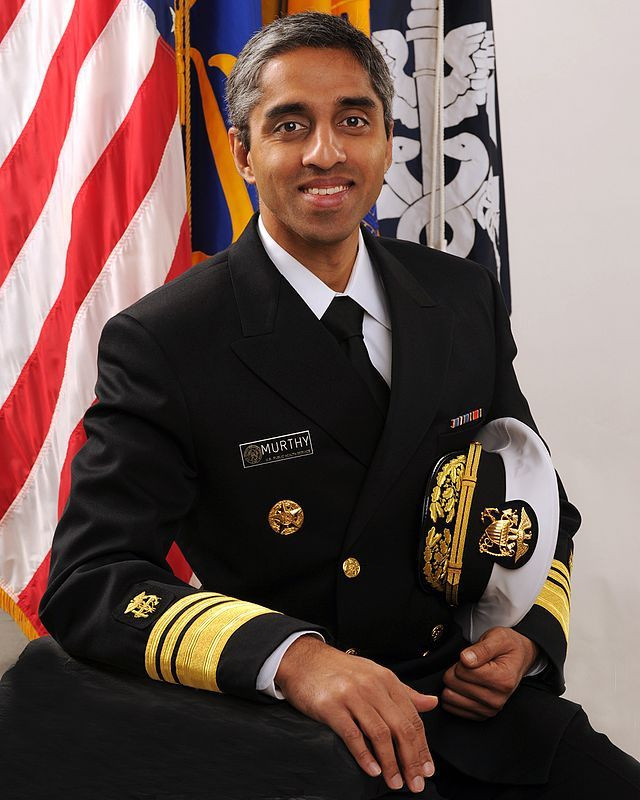US Surgeon General Vivek Murthy Admits Weed Is ‘Helpful’ In Medicine

U.S. Surgeon General Vivek Murthy has admitted that weed is beneficial in the treatment of certain conditions. It’s seemingly a small step forward, but some medical marijuana advocates think it will make all the difference in the battle for legalizing weed.
On Wednesday, Murthy answered questions about the measles outbreak — noting primarily that vaccines are safe — but was prodded to discuss his opinion on medical marijuana. His response showed that his take on medical marijuana is open but cautious: “We have some preliminary data showing that for certain medical conditions and symptoms that marijuana can be helpful,” he said. “We have to use that data to drive policy making.”
Murthy’s dark hair is already peppered with grey, but he’s only 37 — the nation’s youngest surgeon-general — so his response shouldn’t be too surprising. And in recent years, medical marijuana has garnered support from the American College of Physicians, the American Academy of Pediatrics, several other organizations, and famous physicians like Dr. Sanjay Gupta. In addition, some 23 states have laws that allow the use of medical marijuana for certain conditions like glaucoma, epilepsy, and cancer. So he’s not isolated in his acceptance of the fact that marijuana can be helpful in treating some medical conditions.
At the same time, Murthy’s acceptance of the benefits of marijuana conflicts with federal law — which still keeps weed in the Schedule I narcotic category, right next to heroin (crystal meth is actually considered less dangerous than weed in the feds' opinion). Currently, federal law dictates that marijuana has absolutely no medical use whatsoever. This law has prevented researchers from investigating the benefits of weed. Research on this is still nascent, but several studies have shown children seeing drastic improvements after receiving cannabis oil to treat seizures or other disorders. In order to get any further with it, researchers need acceptance and funding from the government.
Perhaps Murthy’s words will have a positive impact on the movement, similar to how Obama’s laissez-faire attitude towards weed did when he stated, in an interview with The New Yorker, quite bluntly that “I don’t think it’s more dangerous than alcohol.”



























